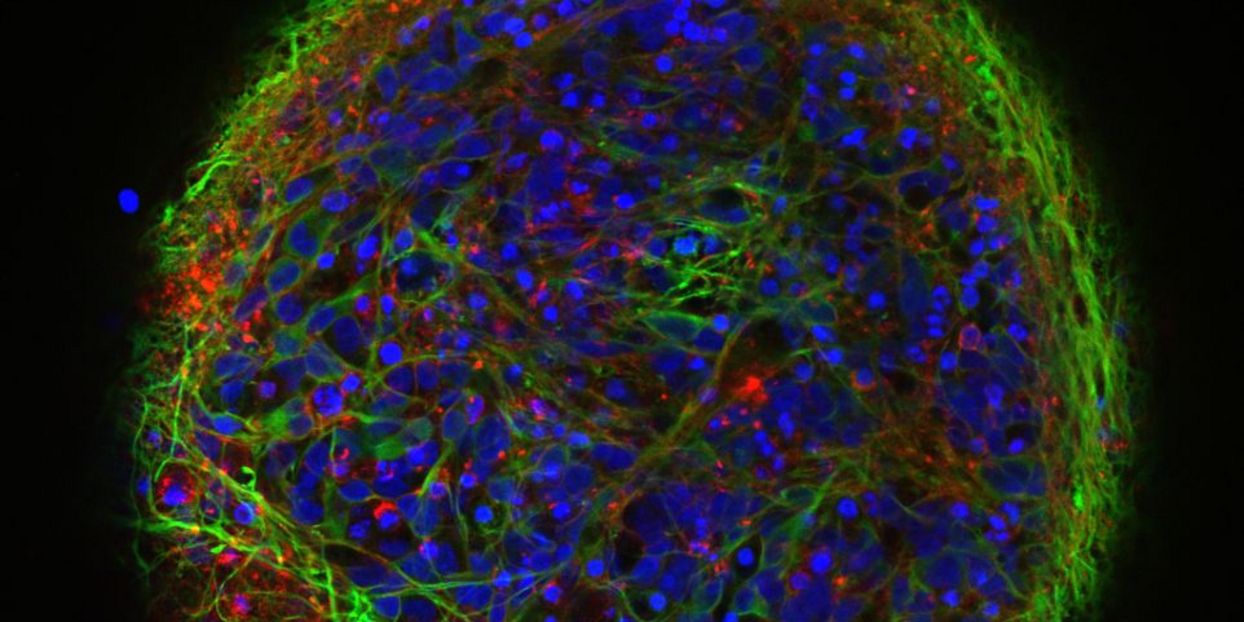
Leibniz Research Network "Stem cells and organoids"
The development of methods for the generation of human induced pluripotent stem cells (hiPS cells) represents a groundbreaking step that allows more and more researchers to use human organ-like (organoid) experimental models in addition to or as an alternative to animal experiments. Combined with modern genome-editing techniques, this will enable the life sciences to develop entirely new human disease models.
Science will then be able to respond much more effectively to scientific arguments, some of which are serious, that question the value of animal experiments on the basis of species differences. In this way, it will also be possible to take better account of ethical and, in some cases, already legally binding requirements for replacing animal experiments that are relevant to society as a whole.
Through the methodological and technological exchange on stem cells and their application in the various research areas represented by the network partners, focusing on basic research, disease modeling, drug development, stem cell therapy, safety toxicological testing and species protection, a clear added value is generated within the Leibniz community, which takes into account the rapid technical development of this field. In summary, the Leibniz Research Network will combine competences, further develop the field, promote translation and make the field of stem cell research visible to the outside world within the Leibniz Association.